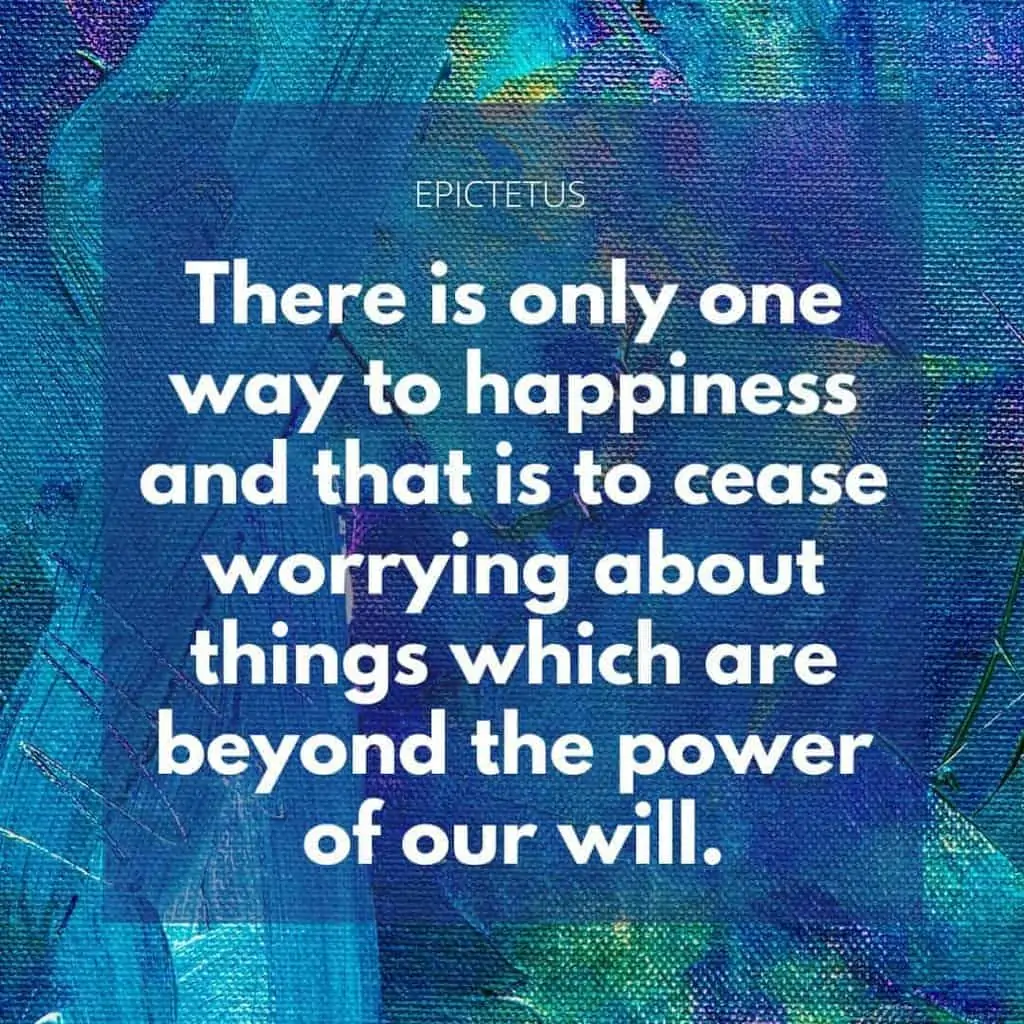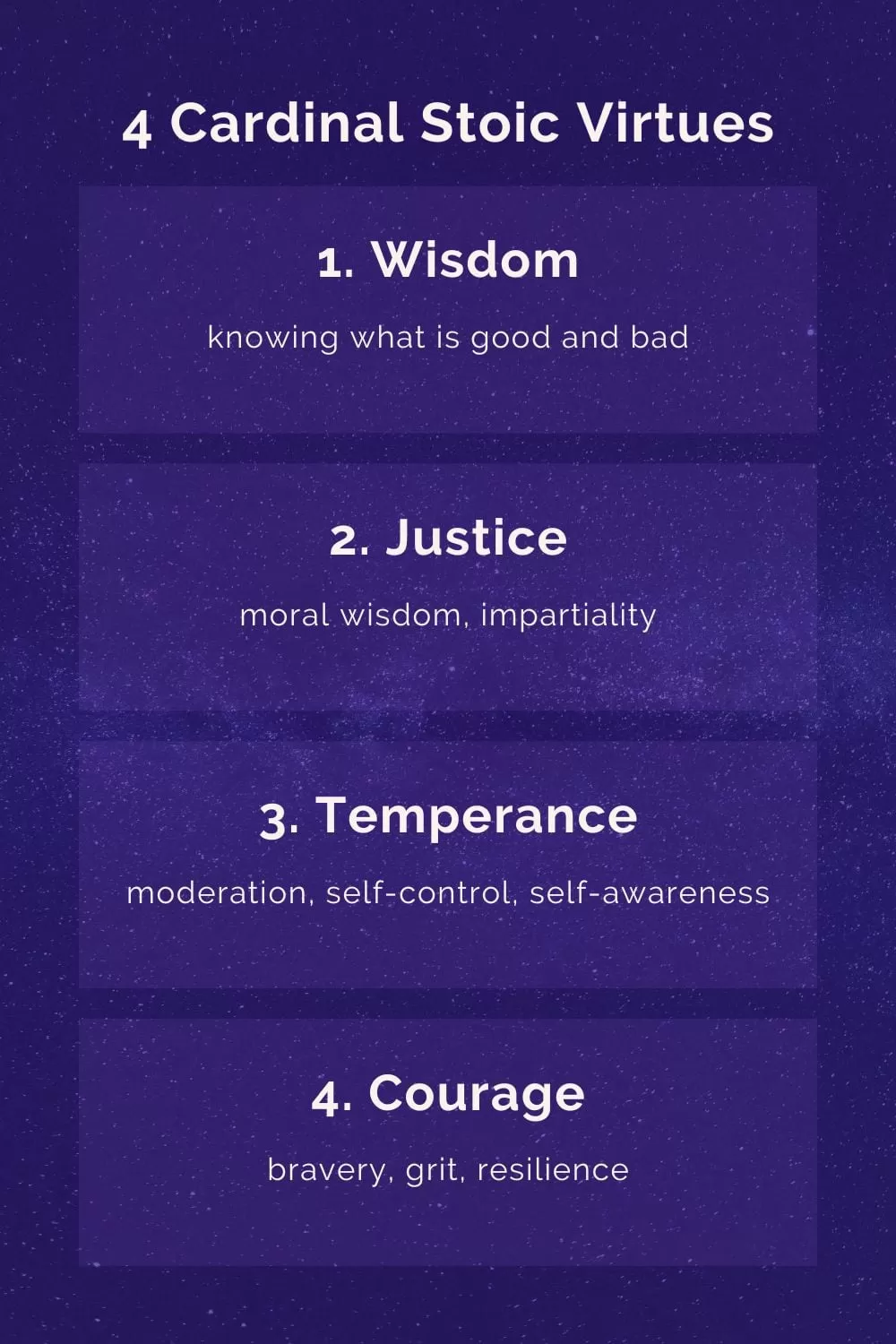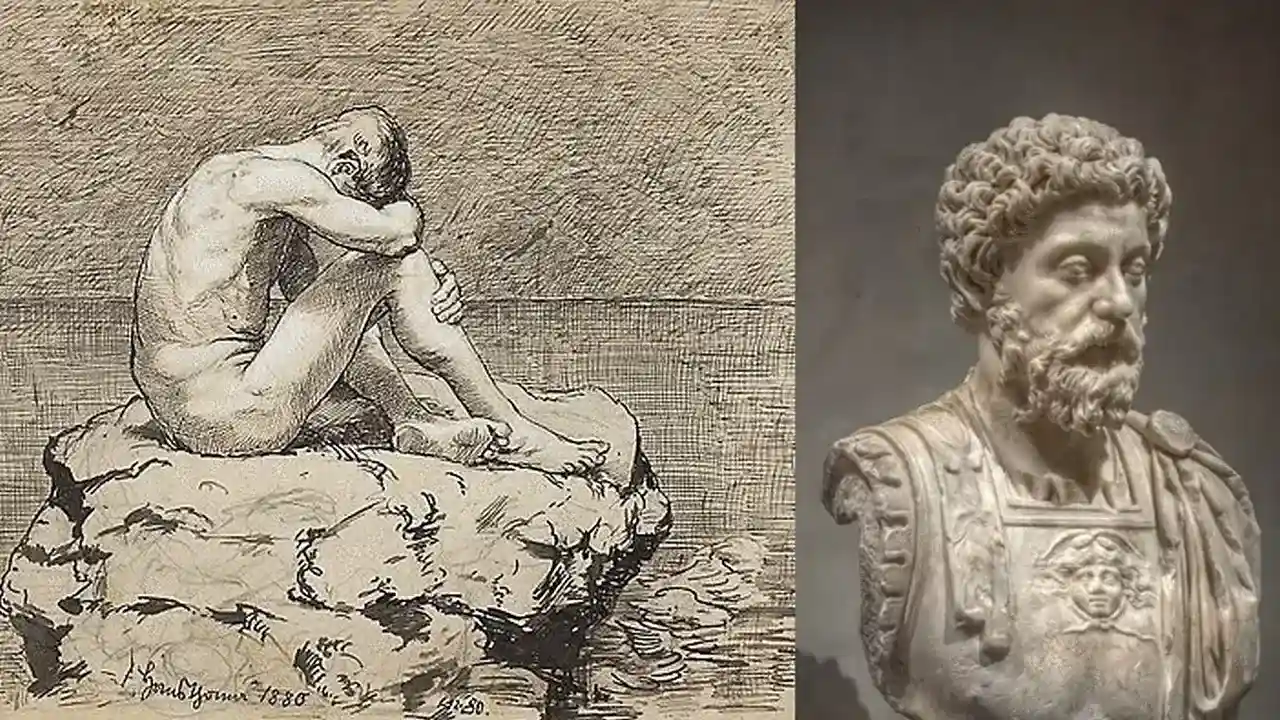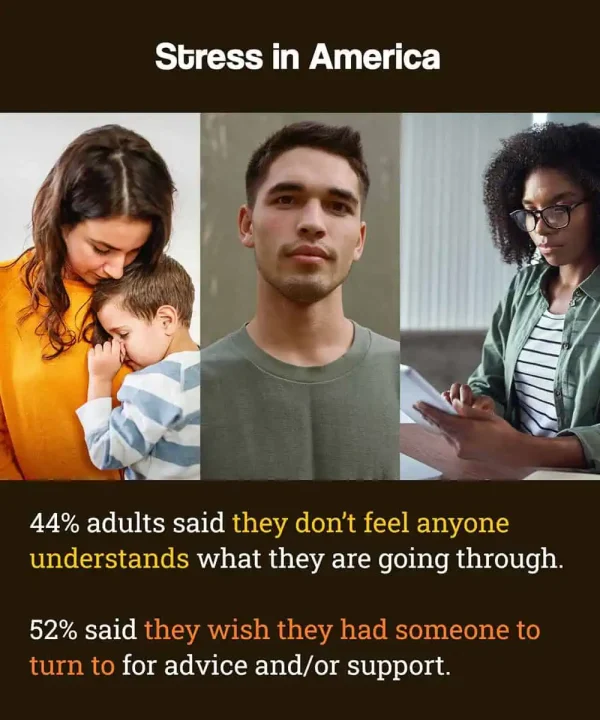Today's Sunday • 5 mins read
The real reason we ask ourselves “Why no one understands me?” is that we feel lonely inside.
When we look into people’s eyes, we realize they don’t see us the way we want them to. And this gap seems impossible to bridge. They probably will never understand our struggles.
The feeling of being not understood is quite common. An American Psychological Association (APA) report tells us: 44% of adults say they don’t feel anyone understands what they are going through.
What To Do When No One Understands You
1. Stop Reacting To How Others See You
When you face the feeling “no one understands me,” you have two choices:
- Exhaust yourself trying to correct others’ misperceptions
- Live authentically, regardless of others’ opinions
It takes remarkable strength to accept that some people might see you as difficult or unkind.
But this acceptance places you in a place of peace, rather than one where you’re constantly defending and explaining yourself until you’re emotionally drained.
So, stop spending time trying to correct what others feel about you. Instead, carry on with your life, the way you would if they didn’t exist.
2. Explore The Root of Your Emotional Deprivation
When you feel like no one understands you, the root often lies in childhood experiences.
Growing up with emotionally distant or inconsistent parents can create lasting patterns of feeling misunderstood. You are raised in a vacuum of emotional deprivation.
These early experiences might surface in adulthood as:
- Feeling fundamentally unlovable
- Desperately seeking understanding from others
- Over-compensating by demanding that your needs be me
- Avoiding close relationships to altogether due to a fear of intimacy
Recognizing these patterns helps you understand why you feel so misunderstood today—and opens the door to healing.
3. Practice The Stoic Principle of Control
Stoic philosophers hold that we cannot control external events. But we can control how we respond to them.
And that is the truth you must wake up to.

The principle of dichotomy of control is a useful tool to deal with feelings of being unneeded or unheeded.
You focus on what is within your control—your reactions, thoughts, opinions, and judgments—and release everything else.
You stop trying to control what others think or say about you.
As time goes on, it makes you stronger against being weighed down by other people’s opinions.
“If someone despises me—that’s their problem. Mine—not to do or say anything despicable. If someone hates me—that’s their problem. Mine—to be patient and cheerful with everyone, including them. Ready to show them their mistake. Not spitefully, or to show off my own self-control, but in an honest, upright way. That’s the way we should be like inside, and never let the gods catch us feeling anger or resentment.”
4. Be More Self-Aware of Your Emotions
The Stoics were pioneers in focusing on self-awareness and emotional intelligence.
They believed in and preached the need to self-reflect by introspection and journaling.
It helped them get a better grasp of their emotions. It showed them if they were judging others without being in their shoes first.
More self-awareness helped them grow empathy and emotional intelligence, and correct themselves.
Remember, developing self-awareness is a lifelong process.
5. Stop Judging Events And Other People.
All his life, Epictetus, a Stoic master, kept stressing the necessity to distinguish between one’s own judgment and the objective reality of a situation.
His suggestion that our distress is not caused by the event itself, but by our judgment of it, formed the foundation of the modern Cognitive Behavior Therapy (CBT).
This perspective encourages us to detach from the pursuit of personal gain at the expense of others and to recognize the equal importance of all individuals.
Stoicism emphasizes virtues like wisdom, courage, justice, and self-discipline. By aligning our actions with these virtues, we can develop a coherent sense of self that is less affected by external misunderstandings.

The concept of the “moral self” involves integrating our beliefs with our identity, leading to a continuous feedback loop that reinforces our character.
What Happens When No One Seems to Understand You
If you had the thought Why no one understands me, you might have triggered a cascade:
- Your self-worth crumbles, making you question every relationship.
- People see you as irritable, who gets easily triggered or defensive.
- Others start avoiding you. And you start to pull away from friends and family.
- You feel exhausted from constantly trying to prove or explain yourself to others.
- Sometimes, you feel like the entire world around you works in a mean, narcissistic way.
- You are unhappy with the person you are. And confused about what to do with your future.

A Stoic Approach When No One Understands You
1. Find Strength in Vulnerability: The Stoic path teaches us that feeling misunderstood doesn’t equal weakness. When you feel like no one understands you, embracing vulnerability can actually strengthen your relationships and deepen self-awareness.
2. Movie Beyond Labels: People often misunderstand us through their own preconceptions. Stoicism encourages us to challenge these assumptions through:
- Meaningful conversations
- Personal examples
- Patient education
This helps others see beyond their initial judgments.
3. Create Bridges of Understanding: When you think “nobody understands me,” focus on building stronger communication:
- Express emotions clearly
- Listen actively
- Show genuine curiosity about others’ perspectives
These practices help bridge the gap between your inner world and others’ perceptions.
4. Develop Self-Knowledge: Understand yourself, deeply. It helps reduce external misunderstandings. Regular self-reflection builds resilience against feeling misunderstood and brings inner peace regardless of others’ judgments.
5. Manage Your Loneliness: Start the repair process within:
- Acknowledge your feelings without judgment
- Connect with like-minded friends and people
- Consider professional support when needed

Final Words
You can handle the feeling of being misunderstood with both psychological and philosophical perspectives.
√ Also Read: Why Can’t You Stand Being Rejected?
√ Please spread the word if you found this helpful.
» You deserve happiness! Choosing therapy could be your best decision.
...
• Disclosure: Buying via our links earns us a small commission.

